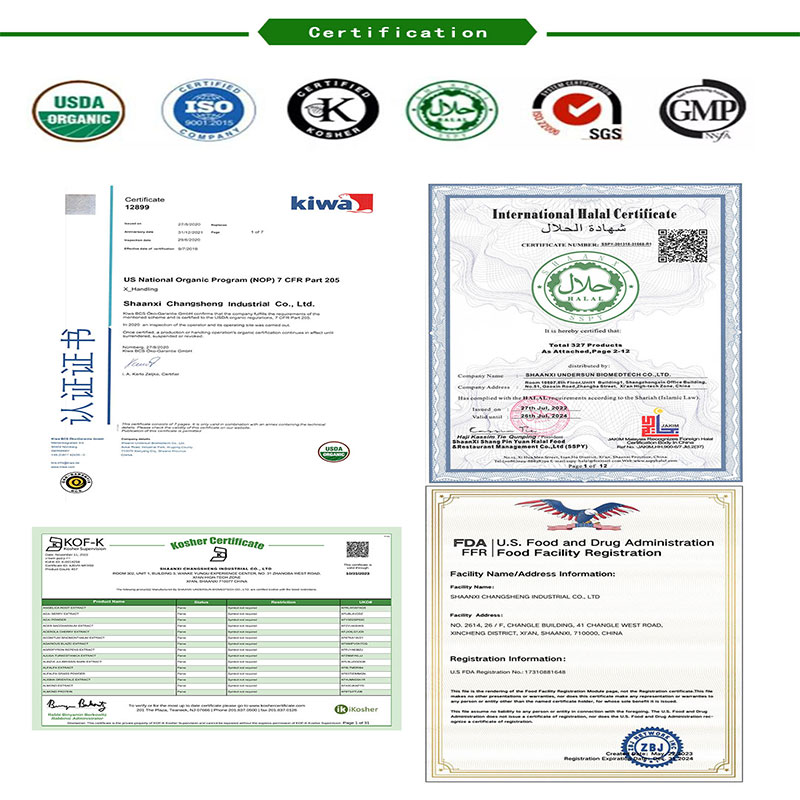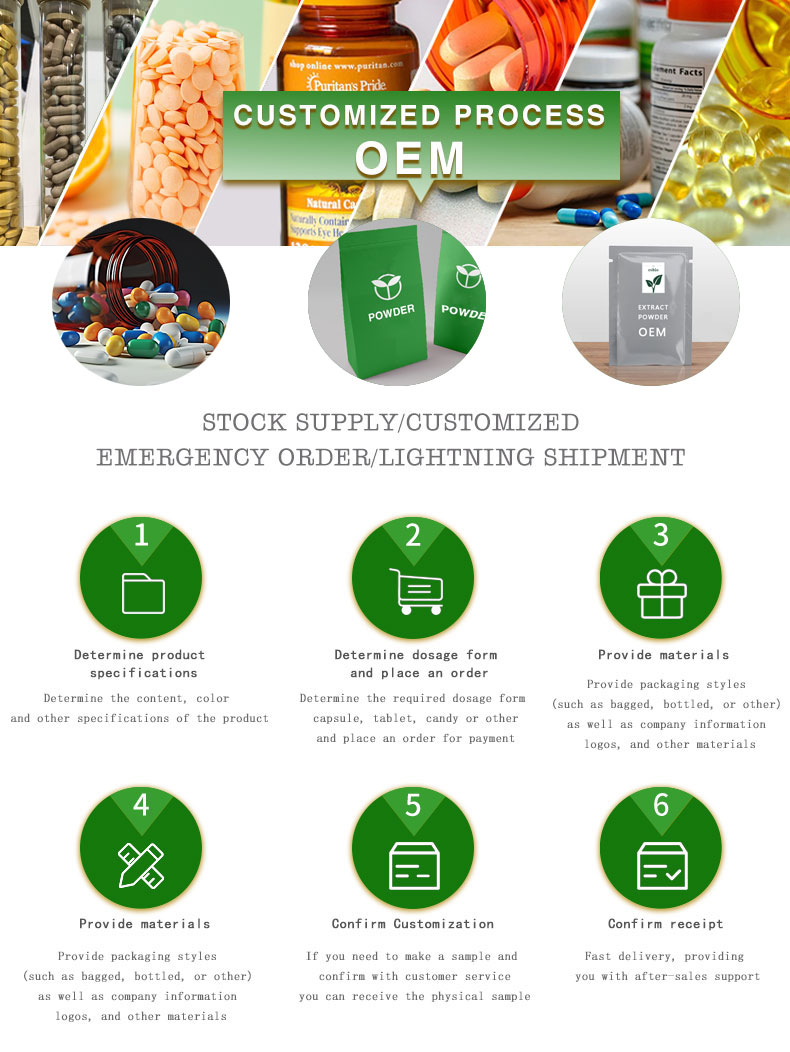Once released from the pond, it will be immediately applied after being discharged from the pond. It will compete with the crop for oxygen in the soil, affect the germination of seeds and root development, and lead to yellowing and withering of the crop leaves. Therefore, after the biogas comes out of the pool, it is generally stored in the storage tank for 5-7 days before it can be used.
Second bogey does not dilute direct application of biogas fertilizer does not dig directly to the crop, especially for topdressing seedlings, the crop will cause burns. When biogas fertilizer is used as top dressing, it must be diluted with water and diluted by 1:1 water.
Three bogey applied to the surface of the biogas fertilizer applied to dry land crops should use acupuncture, furrow, and then covered with soil. Application to paddy field should be spread evenly on the field surface before plowing, and then plowed into the ground.
Four bogey excessive application of biogas fertilizer can not be too much, if a large number of blind application, will lead to crop lengthy, shady between the rows, resulting in reduced production.
The five bogey and grass ash, lime and other alkaline fertilizers mixed with plant ash, lime and other strong alkaline, and mixing with biogas fertilizer will cause loss of nitrogen, thereby reducing fertilizer efficiency.
Six bogey use of acidification pool, no gas pool of biogas fertilizer.
Seven bogeys shall be sprayed with biogas slurry before noon or rain.
Introduction and application of sweeteners
Sweeteners are chemicals that are used to sweeten foods and beverages. The sweeteners we produce are active ingredients obtained from plants, and they are usually sweeter than sugar and contain fewer or no calories. Sweeteners can be used for people with diabetes, people on a diet and others who need to limit their sugar intake.
Common sweeteners include:1. sucrose alcohols: such as sorbitol, mannitol, and xylitol, which are about as sweet as sugar but have fewer calories.
2. Artificial sweeteners: such as aspartame, sodium saccharin, maltodextrin, etc., which are much sweeter than sugar, but contain no calories.
Sweeteners are used in a wide range of applications, and common applications include
1. beverages: such as cola, fruit juice, tea drinks, etc.
2. food products: such as chocolate, candy, cookies, etc.
3. condiments: such as sweet sauces, salad dressings, etc.
4. pharmaceuticals: such as oral liquid, capsules, etc.


Natural Sweeteners,Monk Fruit Extract,Sweetener Powdered,Health Sweetener
Shaanxi Changsheng Industrial Co., Ltd. , https://www.cncsbio.com